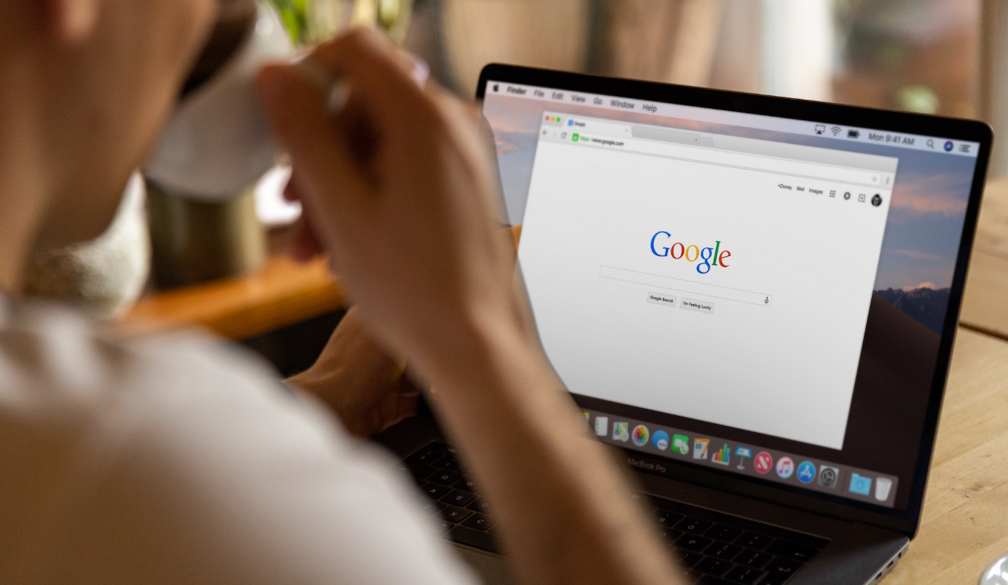A US Court has ruled Google is an illegal monopoly – and the internet might never be the same
- Written by Zena Assaad, Senior Lecturer, School of Engineering, Australian National University

On Monday a US federal judge ruled Google has violated antitrust laws, saying[1] the organisation
is a monopolist, and it has acted as one to maintain its monopoly.
Google disputes the ruling. Its president of global affairs, Kent Walker, said “this decision recognises that Google offers the best search engine, but concludes that we shouldn’t be allowed to make it easily available”.
Nevertheless, the landmark decision has shaken the foundation of Google’s business, its search engine. For well over a decade, Google has been the dominant search engine in the market. The tech giant reportedly controls[2] around 90% of the US online search market, leaving little room for competitors to make any claim.
Google has been able to maintain this dominance through exclusive contracts[3] with companies such as Apple and Samsung, which enable Google to be the default search engine on their platforms.
These monopolistic practices have allowed Google to charge high prices for search advertising. Being the default browser across many platforms, this search engine has become the easiest, quickest and most reliable resource for most people. This has reinforced the company’s online advertising business, leaving little room for competitors to offer comparable services at more reasonable prices.
What does this mean for Google?
A separate proceeding will be held to determine what penalties Google and its parent company, Alphabet, will face. However, it is likely the tech giant will be hit with both monetary penalties and enforced mitigations aimed at reducing its dominance.
Historically, fines have not been the sole method of enforcing antitrust laws as they do not demonstrate long-term impacts. This is especially true for a multi-trillion-dollar organisation such as Google.
Some of the mitigations which may be imposed include the implementation of a “choice screen”[4]. This would allow users to pick between other available search engines, instead of having Google as the default option.
This is not the first time Google has been found guilty of breaching antitrust laws. Over the past decade it has been fined[5] a total of €8.25 billion (A$13.6 billion) by the European Union for three separate breaches of the union’s antitrust laws.
Antitrust laws are enforced[6] at domestic levels, and breaches of these laws are specific to domestic markets. This is why Google is facing these charges across two different continents.
Google has continued[7] to appeal the EU fines over the years. Walker has already confirmed that the company will appeal the US decision.
What does this mean for internet users?
Antitrust laws are designed to enhance competition. They exist to protect consumers by prohibiting business practices that promote unfair monopolies, suppress competition and enforce dominance or power.
The dominance that Google has held over other search engines has created a concentrated market that has prevented smaller competitors from operating equitably.
This is why Google can charge high advertising prices, because there is slim competition in terms of visibility.
The recent US ruling, alongside the EU rulings, may be the first steps towards opening the tech market up to other competitors. In turn, this may promote more equitable competition, which would be a win for consumers.
Competition fuels incentives for innovation[8]. When there is only one option available, as often seems to be the case with search engines, this incentive is suffocated under the dominance of one monopolistic player.
While antitrust laws are only enforced at domestic levels, hopefully the outcomes of the EU and US rulings will have flow-on effects that extend beyond these markets.
What does this mean for the race for AI supremacy?
During the trial, some concerns[9] were raised around how Google’s monopolised position as the default search engine has unfairly benefited it in the artificial intelligence (AI) race.
The default agreements and terms of conditions of the Google search engine has enabled the organisation to access enormous amounts of user search data, which can be used to train AI models. The easy access to this data may act as a gateway for Google to establish a position of dominance in AI.
Dismantling Google as the default search engine on platforms such as Apple and Samsung could shift Google’s position in the race for AI supremacy.
As such, it may also shift the future trajectory of the entire internet.
References
- ^ saying (edition.cnn.com)
- ^ controls (www.theguardian.com)
- ^ exclusive contracts (www.smh.com.au)
- ^ implementation of a “choice screen” (edition.cnn.com)
- ^ fined (theconversation.com)
- ^ enforced (scholarship.law.columbia.edu)
- ^ continued (www.reuters.com)
- ^ incentives for innovation (www.publicaccountant.com.au)
- ^ concerns (edition.cnn.com)

















